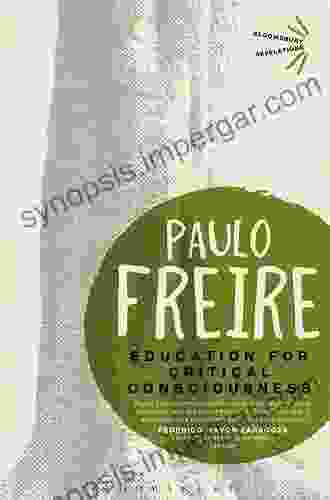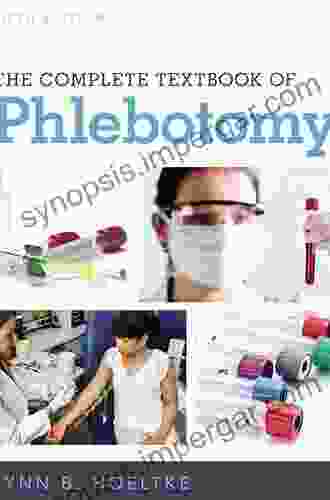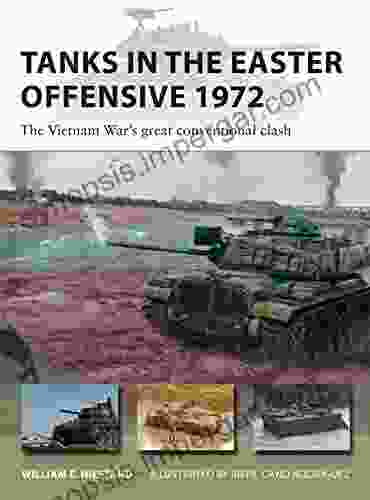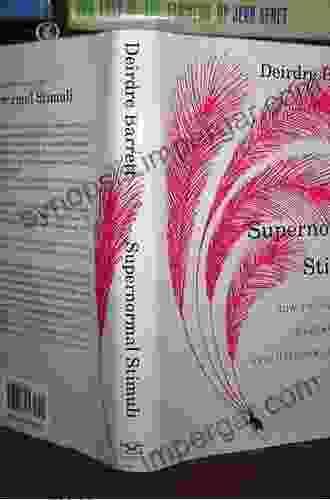Education for Critical Consciousness: Unleashing the Power of Critical Thinking

: Unlocking the Transformative Potential of Education
In an era marked by profound social, political, and economic disparities, education holds immense transformative power. Paulo Freire, the renowned Brazilian educator and philosopher, believed that education should not merely transmit knowledge but also empower learners to critically examine their world and strive for social justice. His groundbreaking concept of "Education for Critical Consciousness" has inspired generations of educators and activists worldwide, offering a path towards liberating individuals from oppression and fostering a more just and equitable society.
4.8 out of 5
| Language | : | English |
| File size | : | 6409 KB |
| Text-to-Speech | : | Enabled |
| Screen Reader | : | Supported |
| Enhanced typesetting | : | Enabled |
| Word Wise | : | Enabled |
| Print length | : | 162 pages |
Paulo Freire's Philosophy: A Foundation for Critical Consciousness
Central to Paulo Freire's philosophy is the belief that education should not be a process of indoctrination or passive knowledge transfer. Instead, he envisioned education as a dialogical encounter between students and educators, where both parties engage in a dynamic process of learning and knowledge construction.
Freire challenged the traditional banking model of education, which he believed reduced learners to mere recipients of information. He argued that true education should foster critical thinking, problem-solving, and creativity. Through dialogue and collaborative inquiry, learners are empowered to critically examine their own experiences, the world around them, and the power structures that shape society.
Education as a Path to Liberation
One of the central tenets of Freire's philosophy is the idea that education can be a powerful tool for liberation. He believed that oppression is not an innate condition but rather a product of social and economic systems that perpetuate inequality and maintain the status quo.
Through education for critical consciousness, learners can develop a critical understanding of their own oppression and the ways in which they can challenge it. By critically examining the roots of injustice and the mechanisms of power, learners can become agents of change, capable of transforming their own lives and working towards a more equitable society.
Dialogue as a Catalyst for Transformation
Dialogue is the cornerstone of Freire's pedagogical approach. He believed that true learning occurs through collaborative and respectful exchange of ideas between students and educators. Dialogue is a powerful tool for breaking down hierarchical structures and creating a space where all voices are valued and heard.
In dialogue, learners are encouraged to share their own experiences, perspectives, and questions. Through this process, they learn to critically analyze their own beliefs and challenge assumptions. Dialogue fosters a sense of community and solidarity, building bridges between individuals from diverse backgrounds and experiences.
Praxis: Embracing the Theory-Practice Continuum
Paulo Freire emphasized the importance ofpraxis, the interconnected relationship between theory and practice. He believed that true education should not be confined to abstract ideas but should be grounded in real-world experiences.
Praxis involves applying theoretical concepts to practical situations, enabling learners to test their ideas and gain a deeper understanding of the world around them. By engaging in transformative action, learners can make meaningful contributions to their communities and work towards social justice.
Education for a More Just Society
Paulo Freire's vision of education for critical consciousness extends beyond the individual level. He believed that education has the potential to transform society as a whole, creating a more just and equitable world.
By empowering learners with critical thinking skills, a deep understanding of oppression, and a commitment to dialogue, education can nurture a generation of citizens who are actively engaged in social change. Critical consciousness is not merely a passive state of awareness but a catalyst for action, inspiring individuals to work collectively towards a more just and sustainable society.
: Embracing the Legacy of Paulo Freire
Paulo Freire's legacy continues to inspire educators, activists, and social justice advocates worldwide. His theory of education for critical consciousness provides a powerful framework for empowering learners to critically examine their world, challenge oppression, and work towards a more just and equitable society.
By embracing the principles of critical consciousness, we can create educational environments that foster critical thinking, dialogue, and transformative action. In ng so, we can empower generations of learners to become agents of change, working together to build a better world for all.
4.8 out of 5
| Language | : | English |
| File size | : | 6409 KB |
| Text-to-Speech | : | Enabled |
| Screen Reader | : | Supported |
| Enhanced typesetting | : | Enabled |
| Word Wise | : | Enabled |
| Print length | : | 162 pages |
Do you want to contribute by writing guest posts on this blog?
Please contact us and send us a resume of previous articles that you have written.
 Book
Book Novel
Novel Page
Page Chapter
Chapter Text
Text Story
Story Genre
Genre Reader
Reader Library
Library Paperback
Paperback E-book
E-book Magazine
Magazine Newspaper
Newspaper Paragraph
Paragraph Sentence
Sentence Bookmark
Bookmark Shelf
Shelf Glossary
Glossary Bibliography
Bibliography Foreword
Foreword Preface
Preface Synopsis
Synopsis Annotation
Annotation Footnote
Footnote Manuscript
Manuscript Scroll
Scroll Codex
Codex Tome
Tome Bestseller
Bestseller Classics
Classics Library card
Library card Narrative
Narrative Biography
Biography Autobiography
Autobiography Memoir
Memoir Reference
Reference Encyclopedia
Encyclopedia Steven Brooke
Steven Brooke Dennis Doverspike
Dennis Doverspike Dennis C Hammond
Dennis C Hammond John Stuart Mill
John Stuart Mill Debbie Terry
Debbie Terry Davina Florina
Davina Florina David Mccullough
David Mccullough Diane Burke
Diane Burke David R Greig
David R Greig Iwona Kaliszewska
Iwona Kaliszewska Deborah Vines
Deborah Vines Ndungu Mungai
Ndungu Mungai Lata Vishwanath
Lata Vishwanath Di Kay
Di Kay Erik Larsen
Erik Larsen Hardcover
Hardcover David T Abbots
David T Abbots Viviane Saleh Hanna
Viviane Saleh Hanna David Nasaw
David Nasaw David Milman
David Milman
Light bulbAdvertise smarter! Our strategic ad space ensures maximum exposure. Reserve your spot today!

 William ShakespeareUnleash the Power of Literacy with Game Cards for Children: Uppercase with...
William ShakespeareUnleash the Power of Literacy with Game Cards for Children: Uppercase with... Ryan FosterFollow ·7.9k
Ryan FosterFollow ·7.9k Keith CoxFollow ·5.1k
Keith CoxFollow ·5.1k Quincy WardFollow ·15.5k
Quincy WardFollow ·15.5k Alexander BlairFollow ·7.1k
Alexander BlairFollow ·7.1k Lee SimmonsFollow ·4.1k
Lee SimmonsFollow ·4.1k Jules VerneFollow ·12.4k
Jules VerneFollow ·12.4k Justin BellFollow ·4.8k
Justin BellFollow ·4.8k Robin PowellFollow ·11.3k
Robin PowellFollow ·11.3k
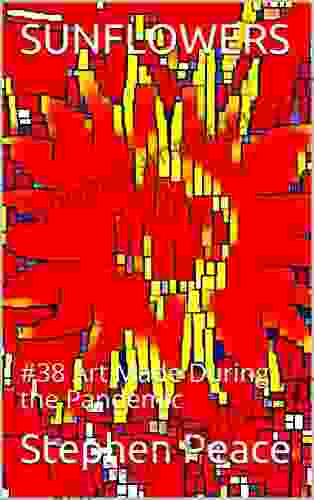
 Ivan Turgenev
Ivan Turgenev38 Art Made During The Pandemic Digitally Enhanced Art...
By [Author's Name] The year 2024 was a time...

 F. Scott Fitzgerald
F. Scott FitzgeraldAmazing Cooking Guide To South Beach Diet: Your Culinary...
Embark on a...
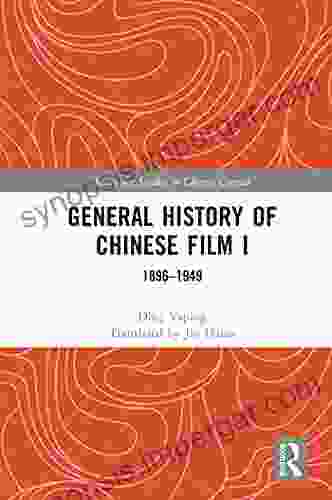
 Zachary Cox
Zachary CoxGeneral History of Chinese Film: A Journey Through Time...
Origins and...
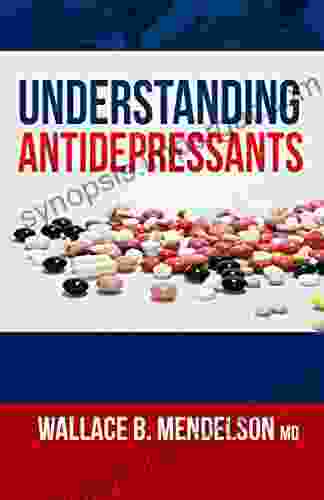
 Cristian Cox
Cristian CoxUnderstanding Antidepressants: An In-Depth Guide to...
Unleashing the Power of...
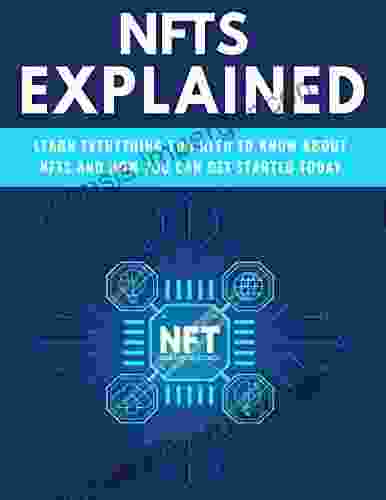
 Jeremy Cook
Jeremy CookUnlock the NFT Revolution: A Comprehensive Guide for...
The world of Non-Fungible Tokens (NFTs) has...

 Kevin Turner
Kevin TurnerSeneca and Roman Slavery Under Nero's Rule: An In-Depth...
During the reign of...
4.8 out of 5
| Language | : | English |
| File size | : | 6409 KB |
| Text-to-Speech | : | Enabled |
| Screen Reader | : | Supported |
| Enhanced typesetting | : | Enabled |
| Word Wise | : | Enabled |
| Print length | : | 162 pages |


